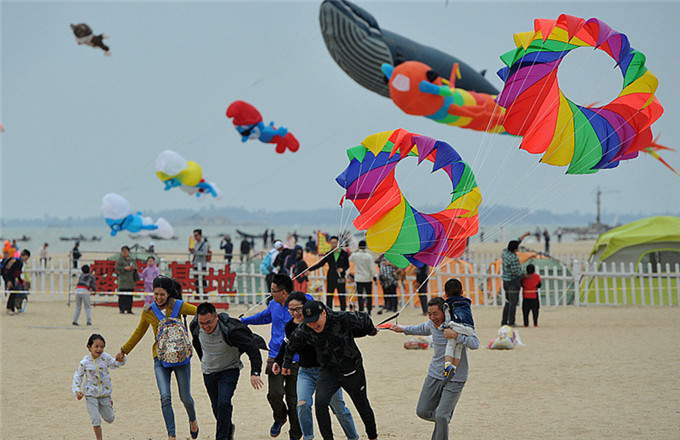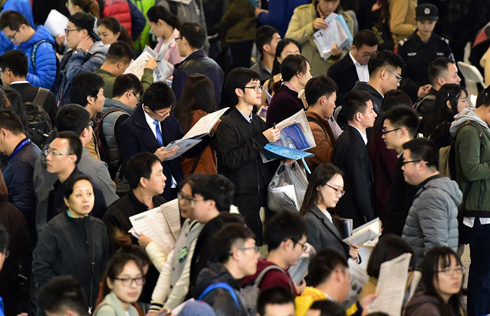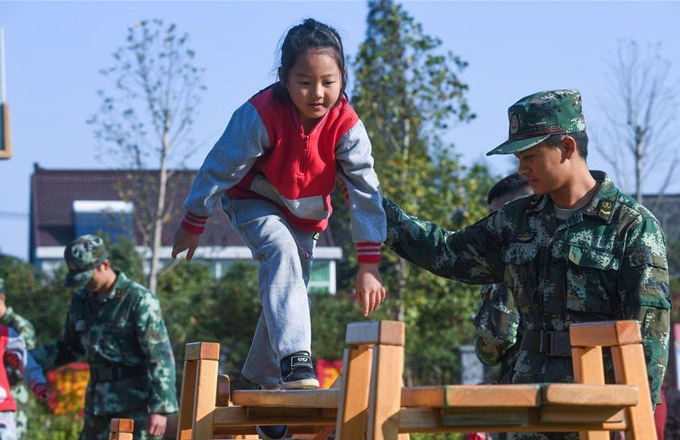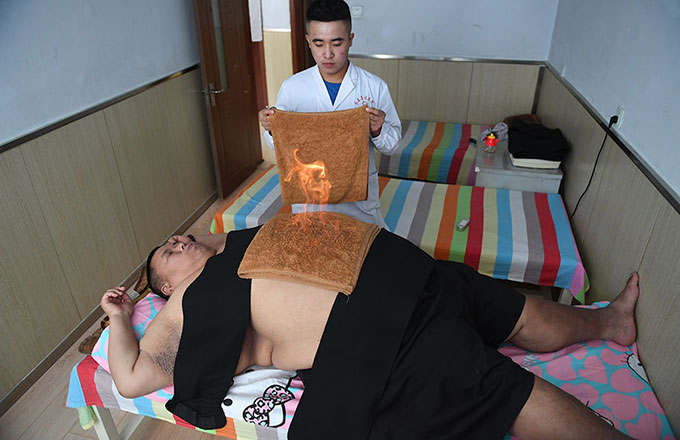'Senior drifters' find big city life a lonely challenge
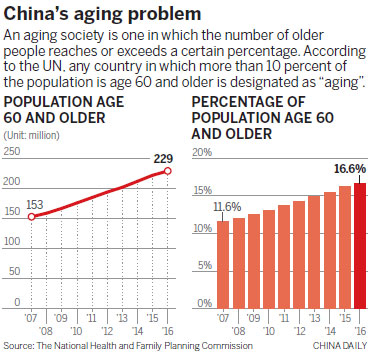
Walking a tightrope
Moreover, caring for her grandson full time was like walking a tightrope every day. "I could not allow accidents to happen to him. My life was basically centered on him," she said, adding that cooking, feeding the baby, playing with him and lulling him to sleep left her little time for herself.
Jiang Xiangqun, deputy director of the Gerontics Research Center at Renmin University, said senior people have a strong attachment to their native places and long-term relationships.
"Being cut off from their familiar environment leads to a range of psychological problems, which many sons and daughters neglect," he said.
According to the Statistical Science Research Center of the National Bureau of Statistics in August, a lack of social activity results in about 25 percent of seniors feeling isolated, anxious and depressed.
Five years ago, Zhang Shuqin, left her home in the northeastern province of Heilongjiang and moved to Beijing to live with her daughter.
Unlike many of her senior drifter peers, Zhang came to the capital following retirement, and believing that the end of her working life signaled a new beginning. However, it still took time and effort to fit in.
When she first arrived in Beijing, she went to a restaurant for breakfast. She noticed that an elderly couple had ordered bowls of douzhir, or fermented mung bean milk. Assuming that douzhir was Beijing dialect for soybean milk, she ordered a bowl, too, but "the sour taste almost made me vomit". She quarreled with the owner and accused him of selling spoiled food. Later, she discovered that the drink is a Beijing specialty.
To avoid further embarrassment and blend in, the then-50-year-old began reading about the capital's customs and history, and visiting famous tourist spots.
Now, she talks about Beijing as though she has lived in the city for decades. "Even my neighbor, who is a real Beijinger, calls me a half-Beijinger," she said.
Despite her greater familiarity with the capital, Zhang still encounters obstacles every day, such as a lack of medical insurance.
The issue is not just a pressing problem at her age, but also a constant reminder of the gulf between her and native Beijingers.
To claim reimbursement of medical costs, senior drifters like Zhang have to travel hundreds or even thousands of kilometers to their hometowns and go through complicated procedures.
The reason is that the system is based on a person's hukou, or household registration, which means medical costs incurred away from home can only be reimbursed in the place where a patient's hukou is registered, usually their hometown.
In addition, treatment costs are higher in large cities, according to Zhang, who noted that the cost of treatment for a cold in Beijing is about 300 yuan ($45), but less than 30 yuan in her hometown.
Although she can absorb costs of that nature, whenever she has had a more serious illness, Zhang has been forced to return to Heilongjiang to be reimbursed.
Every time she went home, she returned to Beijing with many local products, and a large bag of medication.
"People on the subway looked at me as though I was an illegal 'medicine dealer'," she said.
After a couple of periods in the hospital, she is for the first time considering going home for good. "I'm at an age when illnesses get in line to find me. I cannot place such a heavy burden on my daughter," she said.
An unbearable burden
Chen Biao, professor of geriatric science at Capital Medical University in Beijing, said time is catching up with many senior drifters.
"People aged 65 to 69 are at the lowest level of health. Therefore, once their health insurance is exhausted, the cost of treatment becomes an unbearable burden for their families," he said.
The medical needs of senior drifters directly influence their sense of belonging, and the government has long been pushing for cross-provincial medical fee settlements to provide greater convenience and help.
Last month, the Ministry of Human Resources and Social Security confirmed that the groundwork has been completed to build an "expressway" for the direct settlement of cross-provincial hospital expenses. That will allow senior drifters to apply for reimbursement of medical expenses without going home.
Confronted with these physical and psychological problems, many senior drifters are still wandering around large cities in desperation.
Chen's son and his wife have been discussing having a second baby. She was not happy when she heard the news.
"I miss my old pals. I really hope I can go back and sing Huangmei Opera with them," she said.





